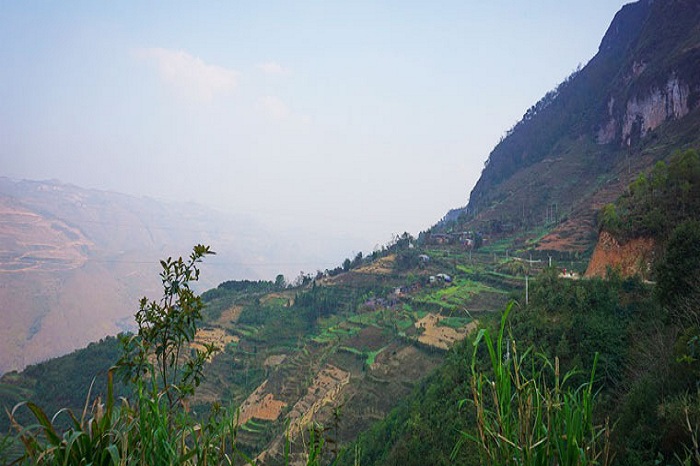
Thien Huong, a century-old village forgotten in Dong Van
- on Jan 8, 2020 By: Ngoc Nguyen
In the company of a photographer in Dong Van and some good hikers, we set off to explore the Ma Pang village, also known as "Thien Huong", located seven kilometres from the city. The route to get there requires one side of the slopes and a chasm on the other side. In the middle of the grandiose rocks, you feel very small. Someone imagines that we are in front of Dong Van's "door to heaven". From a distance, the paths crisscrossing the mountainsides can be seen in the mystical misty sail.
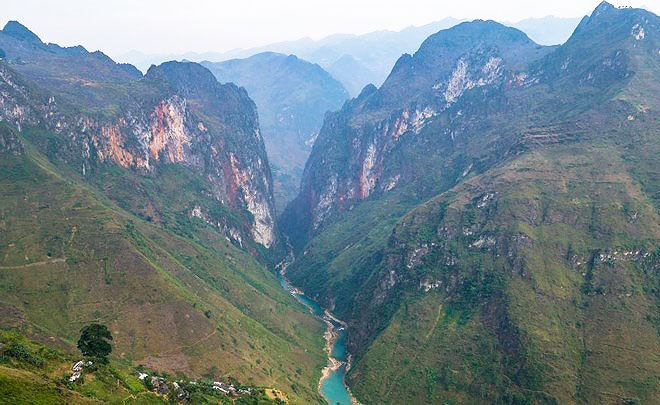
The Nho Que River, which locals say originates from Chinese territory, arrives in Vietnam through the Lung Cu and Dong Van cities before crossing the Gam River in Cao Bang Province. The visit to this isolated village is an opportunity to contemplate a part of the legendary river revealing a picturesque jewel in the middle of the majestic plateau.
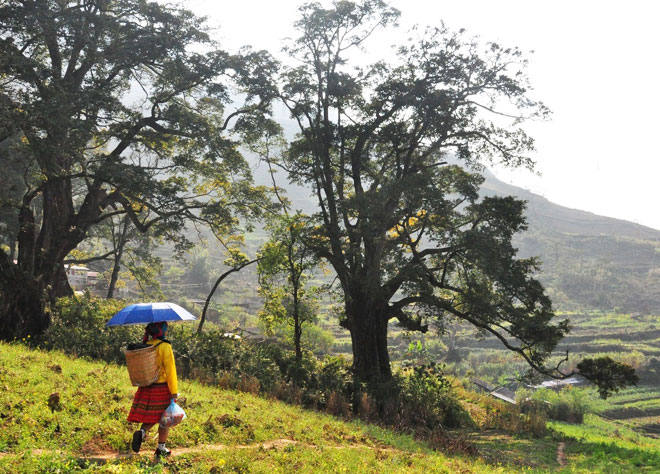
Arriving at the village, what welcomes us is a group of century-old banana trees that buried the time dedicated to the forest god. As custom obliges, the villagers meet there every month on the 1st and 15th lunar day to worship the god, wishing for good harvests and health for all. Among the centuries-old trees found there, four have been classified as having existed for 700 - 750 years old.
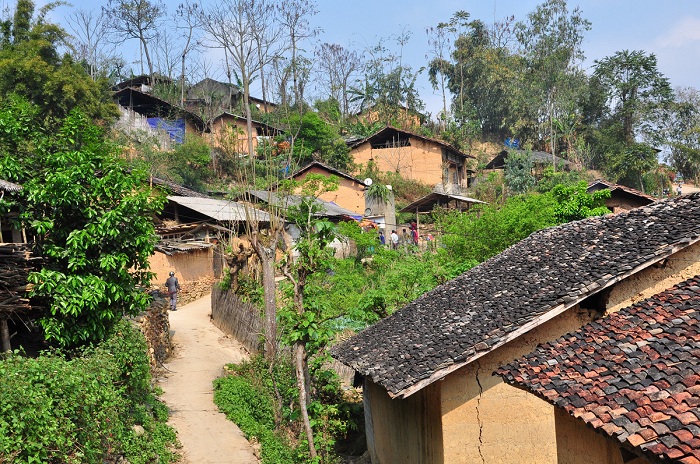
While strolling in these quiet corners, you might think you’ve got lost in another district of Hoi An
The hamlets of Thien Huong village are populated by 43 households of the Tay, Nung and Giay ethnic groups. The Tay, the majority tribe, has some 200 inhabitants. They live in terracotta "Trinh tuong" houses which are remarkable for their unique architecture. Settled on the soil, the traditional dwelling of the ethnic groups in Ha Giang in general is characterized by the thick walls, the tiled roof of Ying-Yang and the wooden frame.
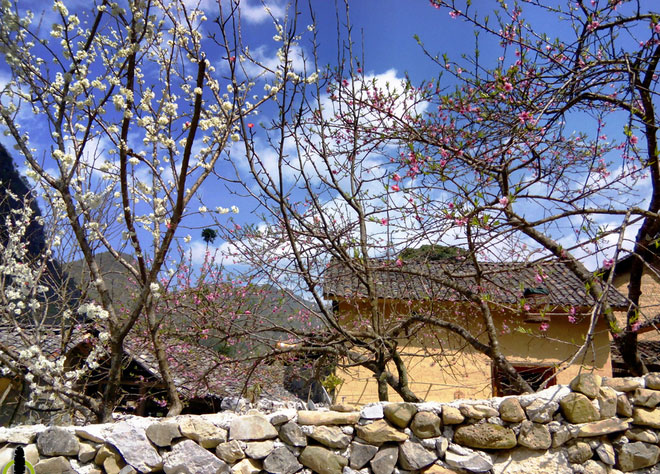
So many relaxing moments, far from the rest of the world
Composed of three main parts with one or two additional, the building has two entrances. In the middle of the main hall, a sacred place is the altar of the ancestors and the space next to it is reserved for the living room. On the left are the guest rooms, the kitchen and on the right the passenger rooms. The fireplaces are distinguished from each other by the stone walls. They are recognizable from afar by the peach, plum and pear trees which, during the spring days, brighten up the small alleys in the mountains. Quite a peculiarity that you cannot see with your own eyes by walking the limestone loops of Ha Giang.
In the Tay family, the altar is arranged with special attention, with the parallel sentences on two sides. At the entrance to the house are hung three talismans designed to protect guests from evil spirits, according to their belief.
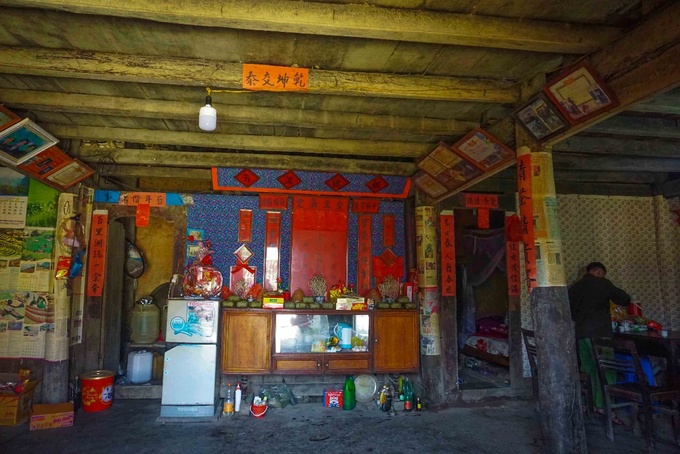
The hosts give us a warm welcome by inviting, as usual, to taste tea or corn wine, a local speciality that impresses visitors with an unforgettable taste. For visitors looking for a new experience, we invite you to try the "Thuoc lao". This popular tobacco in mountainous regions which is very strong is aimed more at a heavy smoker.
In addition to cultivation, animal husbandry and handicrafts are for self-sufficiency, locals make corn wine which is also consumed in other places.
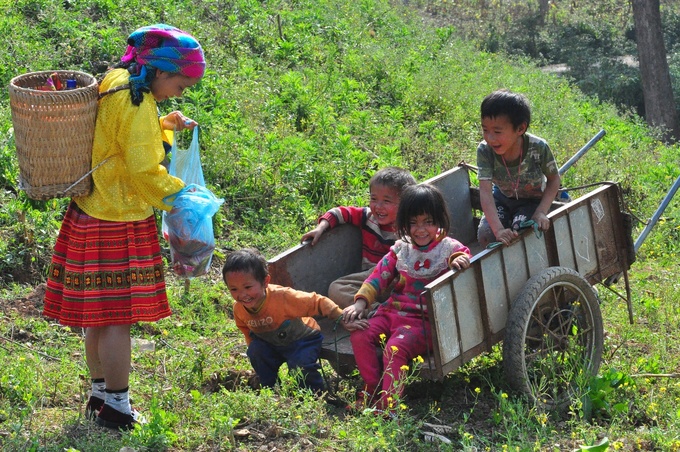
Women and girls work in weaving while children have fun in the yard. With a few candies received, these little ones already have a reason to party after school.
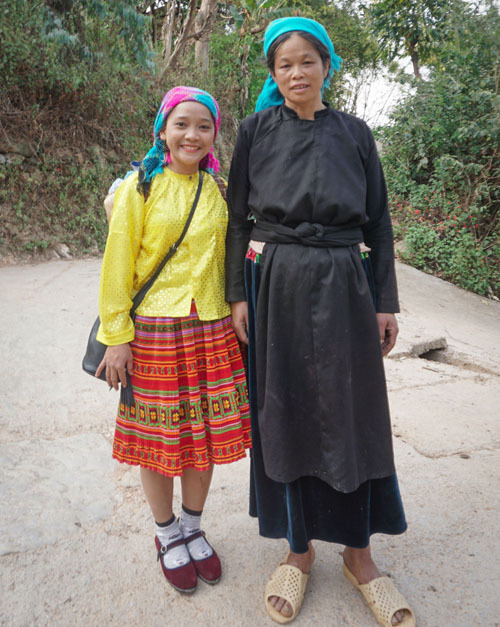
We meet women at work wearing their traditional dress, a long black outfit with a special hairstyle. Men, for their part, dress in black like the Hmong in everyday life.
When someone says Dong Van, they won’t go much further without mentioning corn wine. In fact, once you try the one distilled by the people of Thien Huong village, you can share our opinion that this is where we find the best wine.
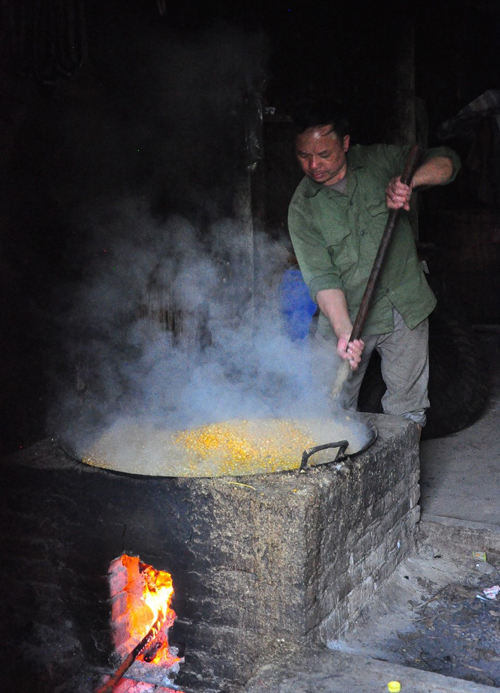
To make a litre that costs 40,000 VND, it is the question of time, know-how and also the formula that only the villagers who master, such as for example the steps to be followed with rigor, thirty kinds of fermented medicinal herbs... The corn is cooked and then allowed to cool before being mixed with the ferment. The whole mixture is covered in a bag for a week before distillation.
The dirt road to Thien Huong village, which has been winding and hard for passengers and residents for years, is all the more difficult on a rainy day. It probably gives rise to some hesitation on the part of travellers. Anyway, for those looking for a trip under the sign of authentic encounters, a trek to Ha Giang passing this distant village is really worth the detour.
Related articles:
>> Ma Pi Leng Pass, the biggest challenge on the Dong Van plateau
>> The mountain markets in Ha Giang, colours of the karst mountains
 Español
Español Français
Français






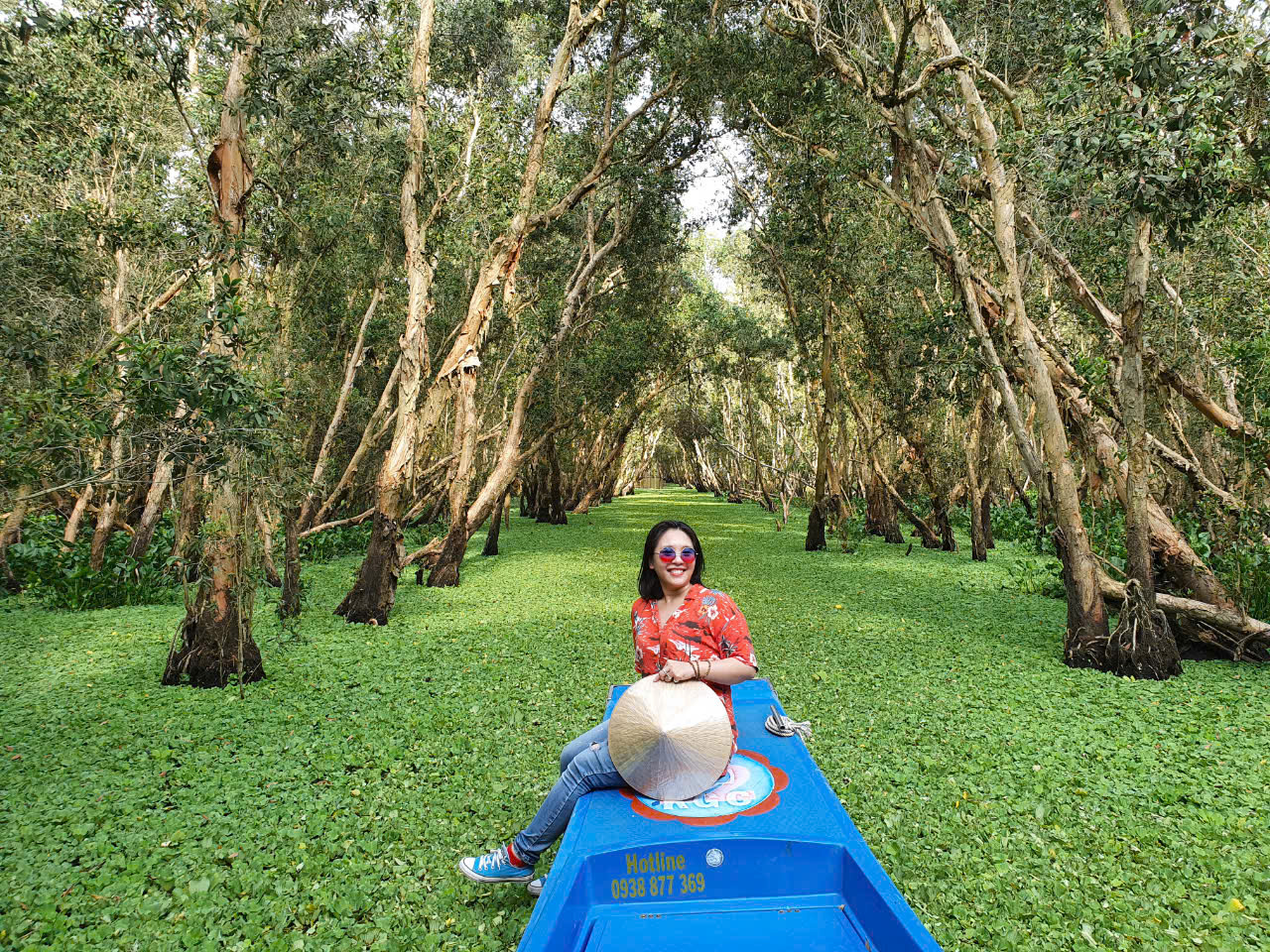
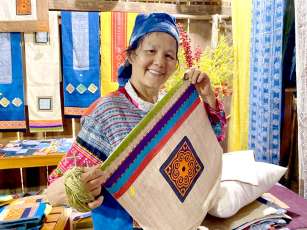



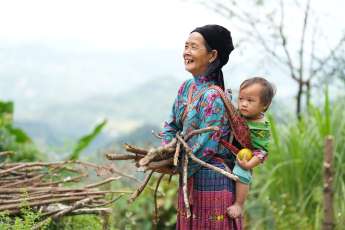
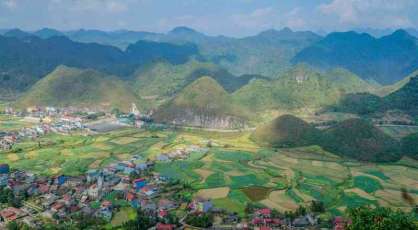







TwelmSC
on Feb 20, 2026Morgane Ter Cock
on Dec 18, 2025HerbertPhomaMS
on Oct 19, 2025Lilyan Cuttler
on Oct 15, 2025Avenue17XC
on Sep 14, 2025